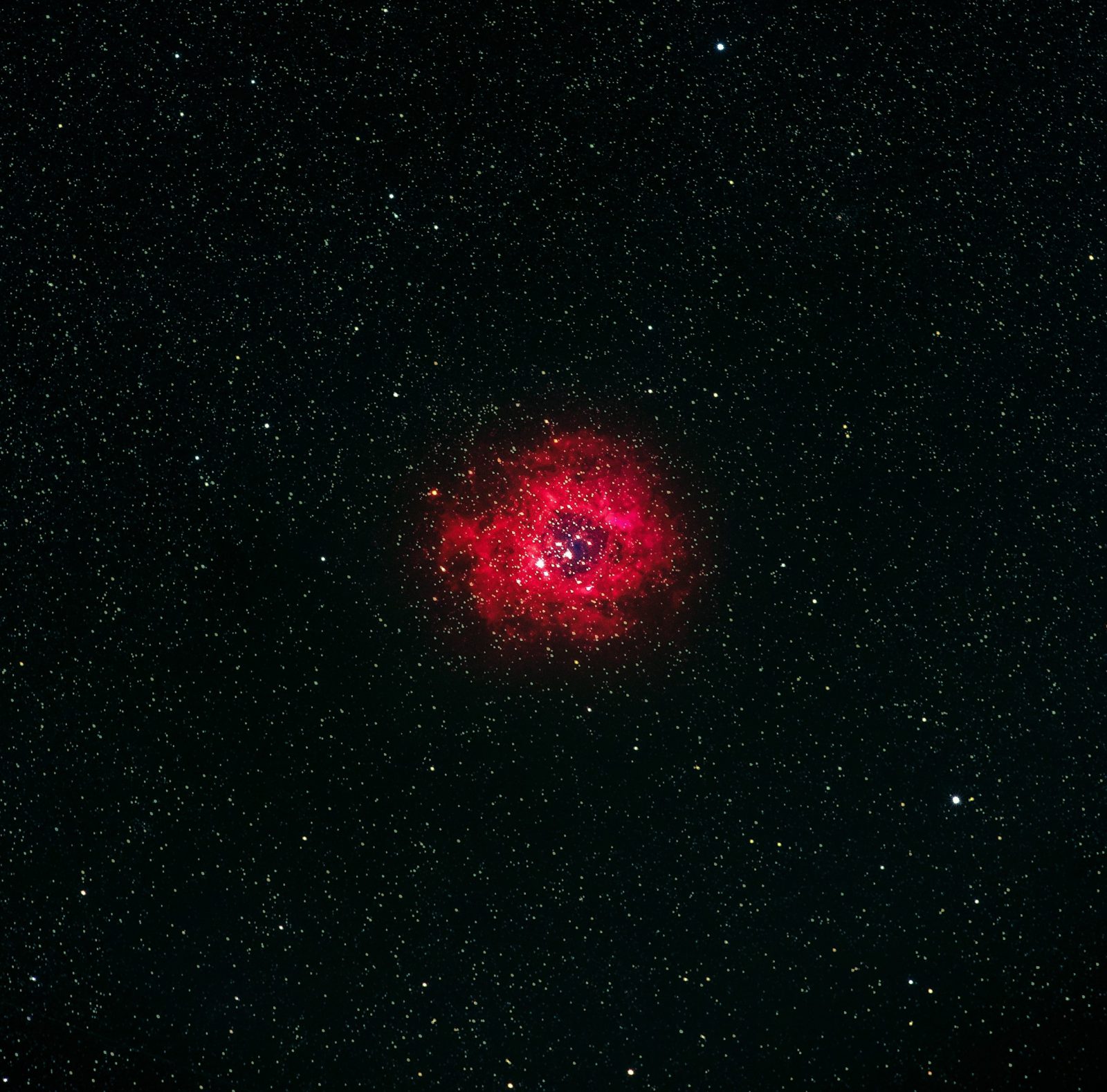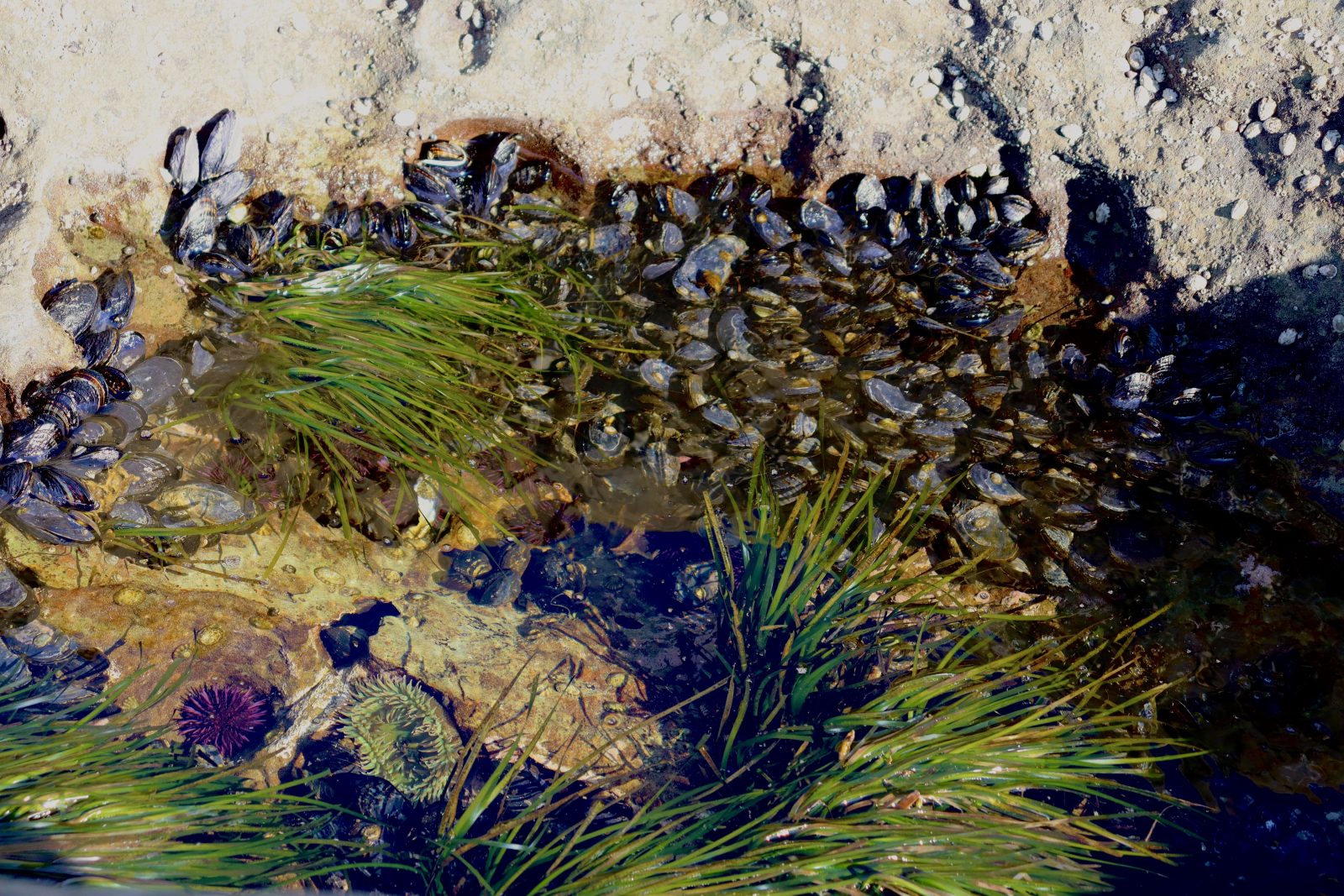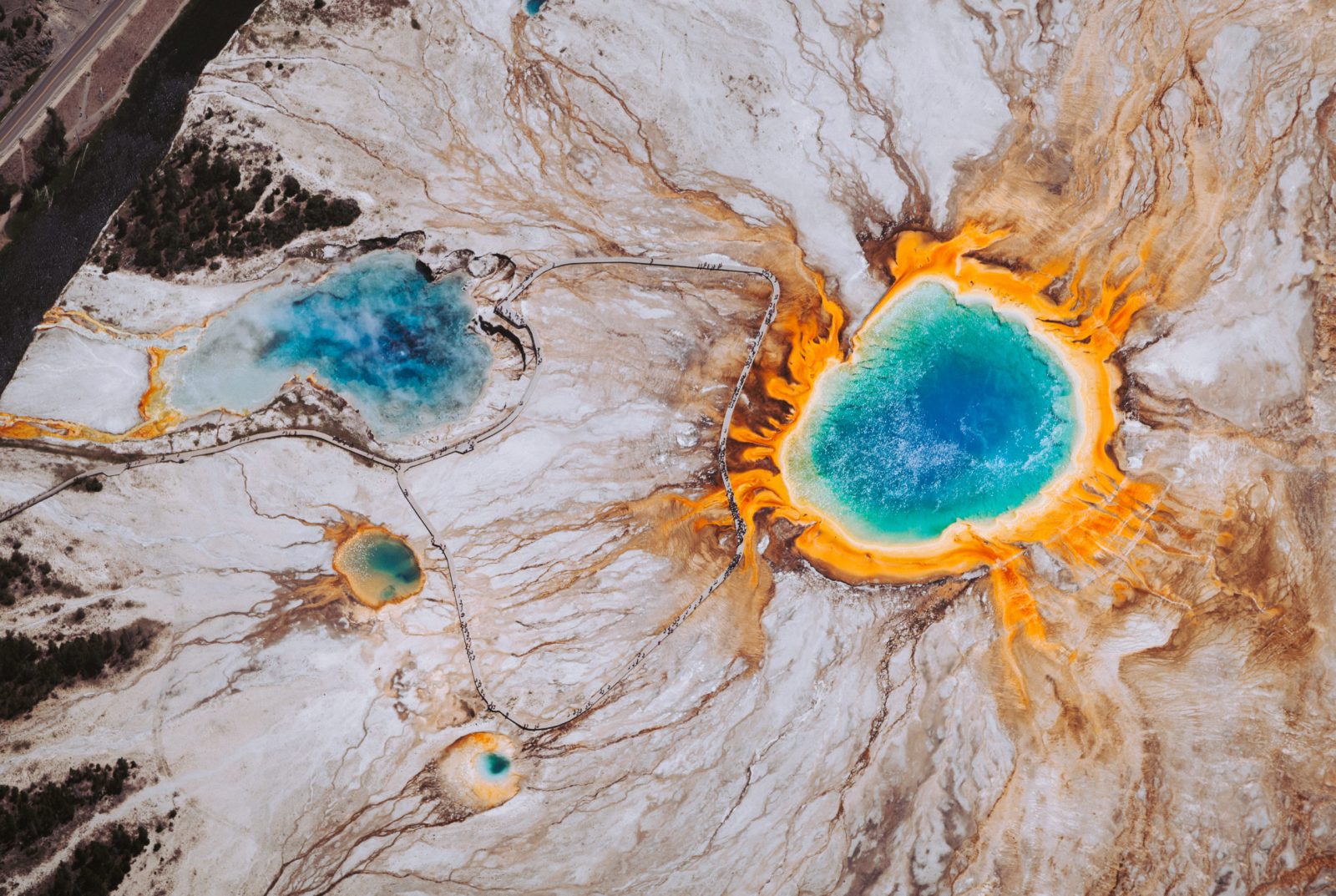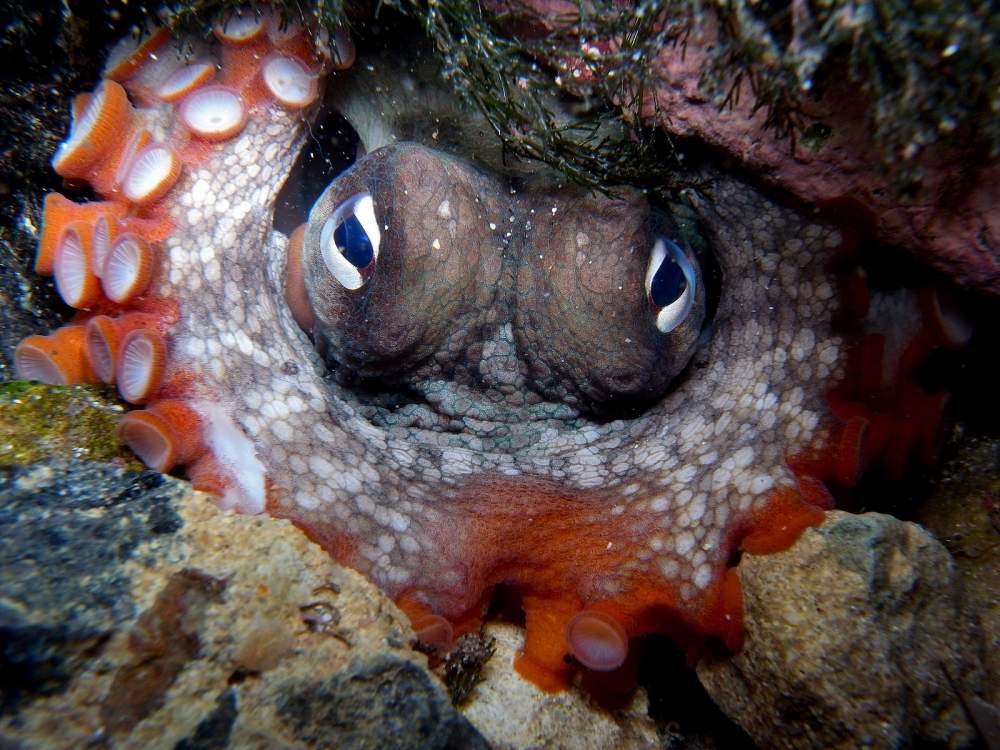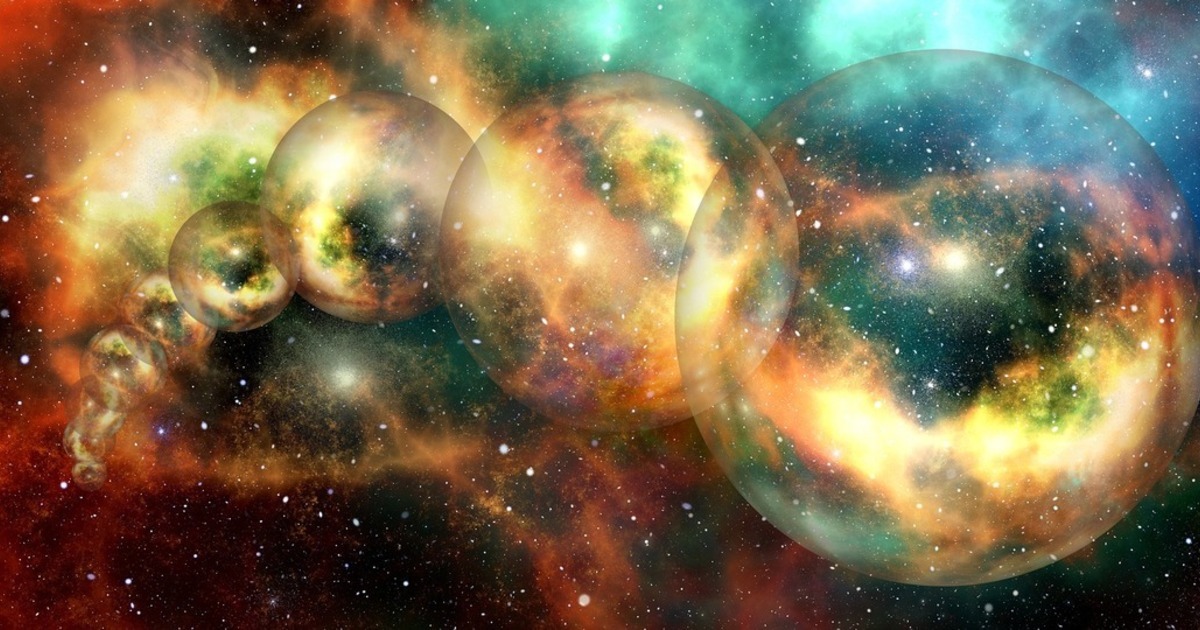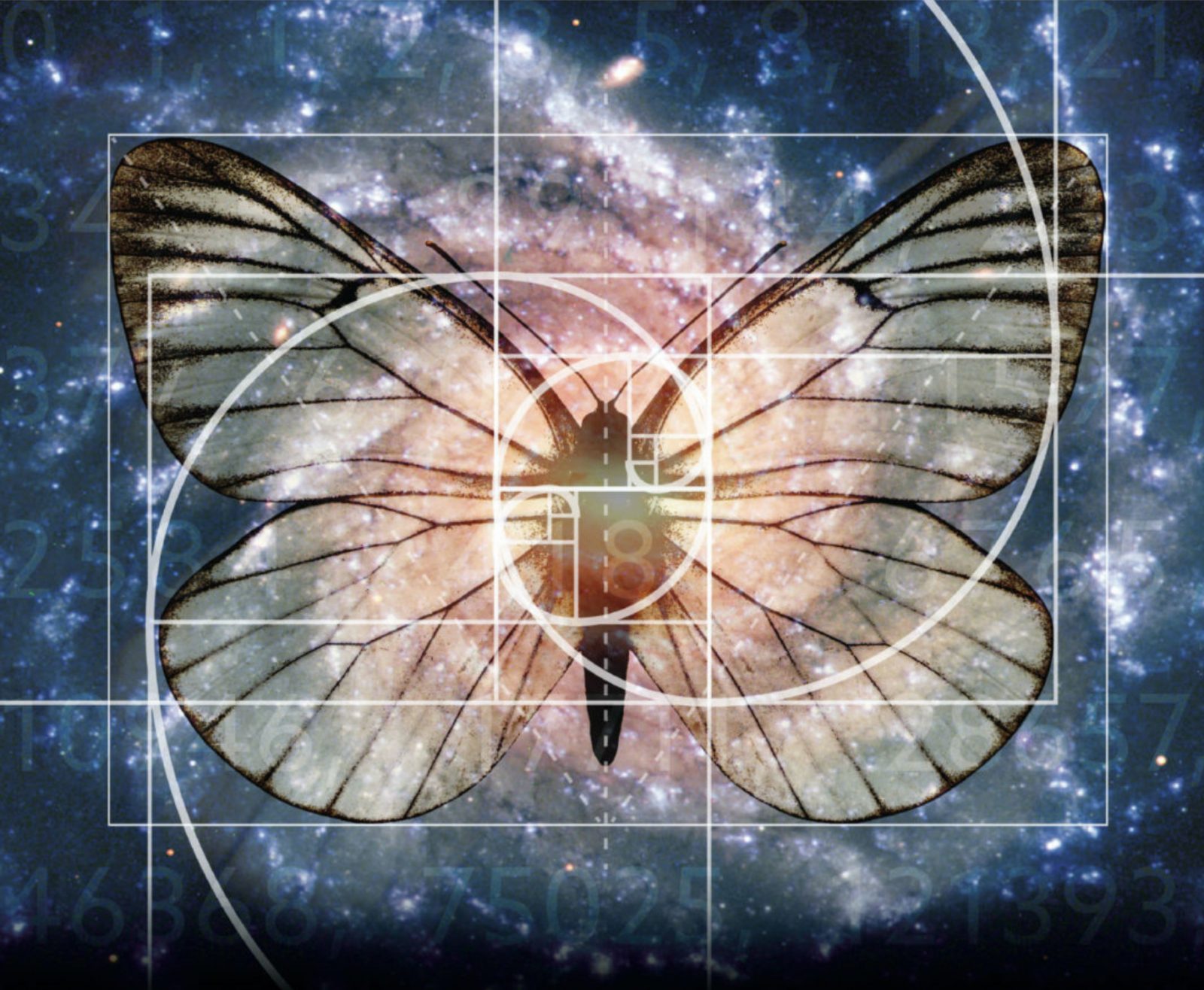
New Book: Evolution and Intelligent Design in a Nutshell
On this episode of ID the Future, host Rob Crowther interviews Dr. Thomas Y. Lo, one of the co-authors of the brand new Discovery Institute Press book Evolution and Intelligent Design in a Nutshell. The genesis of the book was at a Discovery Institute summer seminar. Lo began discussing with professors and students the idea of a new concise, accessible guide to evolution and design. Before long he was joined by four others, including two PhD biologists. The new book covers everything from cosmology and the origin of life to irreducibly complex biological marvels. The final chapter focuses on the mystery of the Cambrian explosion and the extraordinary Cambrian fossils of Chengjiang, China, including a firsthand account of one of the early trips there by Western scientists. That firsthand account is provided by one of Lo’s co-authors, University of San Francisco professor emeritus Paul Chien, a marine biologist made famous in ID circles in the Illustra Media film Darwin’s Dilemma and in Stephen Meyer’s book Darwin’s Doubt.
